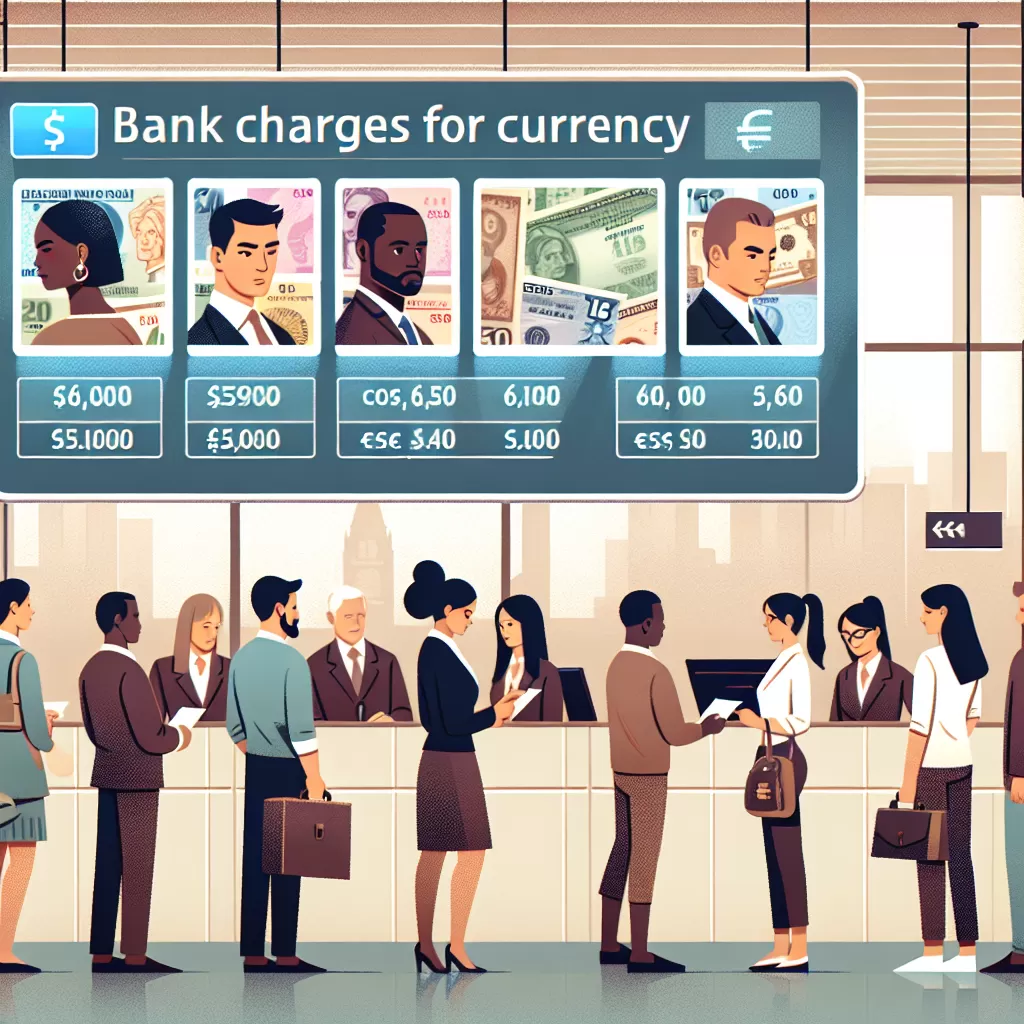How Much Bank Charge For Currency Exchange
Follow Currency Mart April 10, 2024
Where to purchase Foreign Currencies?

Intro: The Complex World of Currency Exchange
In the realm of currency exchange, the ever-changing values of money spark a myriad of questions for those unacquainted with its mechanics. From buying foreign goods to travelling abroad, exchanging currency is a crucial part of many transactions. It's important to understand how banks and other financial institutions charge for these services, and learn how to calculate the cost effectively. With increasing global interconnectivity, understanding currency exchange is as important as ever.Each Bank has its Own Fee: The Currency Exchange Dilemma
First and foremost, it's important to understand that, similar to the fluctuating exchange rates, the fees banks charge for these services also vary. Many factors, including the currency being exchanged, the amount, and even the specific date, can influence the fee. Some banks may charge flat fees, others might prefer percentage-based fees and some money changers don't charge fees but adjust the exchange rate itself to generate revenue.Understanding Exchange Rates and Markups
Banks often earn their revenue in two ways when it comes to currency exchange: transaction fees and exchange rate markups. An exchange rate markup is essentially the difference between the interbank exchange rate (the rate banks use when exchanging large amounts of foreign currency) and the rate offered to customers. Interbank rates are always more favourable than customer rates. Therefore, an exchange rate markup is a hidden charge that many bank customers remain unaware of.A Glimpse at How Much Banks Charge for Currency Exchange
To illustrate the charges on currency exchange, let's glance at how American banks typically approach this. A report by the World Bank maintains a domestic bank could charge an average fee ranging from $12-68 for a small amount ($200), or 1-3% for larger transactions. Canadian banks may charge up to 2.5% on top of the daily currency exchange rate.Platform-Based Differences: Online vs In-Bank Services
The way you access the bank’s services can also determine the applied fee. Online exchange systems often offer more competitive rates compared to in-bank services. The strides in digital banking have led to increasing convenience for users, providing quicker transactions and relatively lower charges in many cases.Alternative Options: Forex and Remittance Companies
If the extravagant bank fees seem too much, consider foreign exchange (forex) or remittance companies. These can sometimes offer superior rates compared to traditional banks. They are often more competitive because their entire business model is based on exchanging currencies, and they typically handle a high volume of transactions.Negotiating Your Exchange Rate?
Some financial institutions may allow customers to negotiate the exchange rates for large amounts of money. While this isn't something all banks offer, it's an area worth investigating. If you are dealing with large amounts, a small change in the exchange rate or fee can have a substantial impact on your bottom line.Conclusion: Wisdom and Currency Exchange
Currency exchange is a realm filled with fluctuating numbers and changing rates. Understanding these changes and fees can help you make informed decisions and potentially save money in the process. Therefore, knowledge and awareness are the key tools for exploring the domain of currency exchange.
Where to purchase Foreign Currencies?